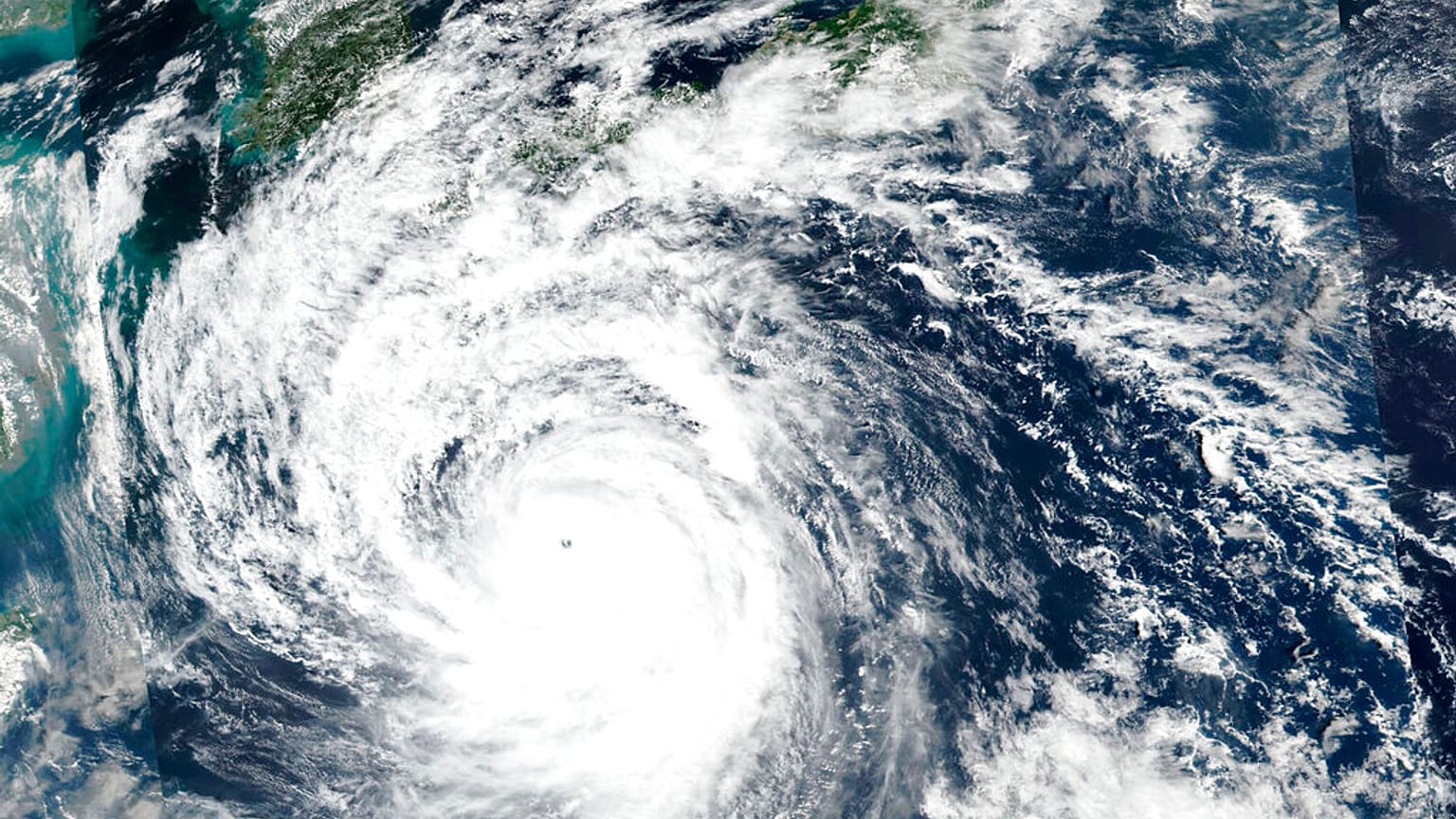A powerful tropical storm hit the southwest coast of Japan on Sunday, with authorities urging millions of people to seek shelter.
A powerful typhoon hit the southwest coast of Japan on Sunday, with authorities advising millions of people to seek shelter.
 ADVERTISEMENT
ADVERTISEMENT
 ADVERTISEMENT
ADVERTISEMENT
The eye of the tropical storm, named Nanmadol, hit the Japanese mainland at around 7:00 p.m. local time, according to the Japan Meteorological Agency (JMA).
Typhoons are intense weather events originating over warm tropical oceans. If they make landfall, typhoons cause extreme winds, torrential rain and storm surges, where sea water floods inland.
Thousands of people took to shelters across Japan on Sunday as Nanmadol approached the country, with authorities recommending that four million residents evacuate, according to AFP.
The JMA issued "special warnings" for the districts of Kagoshima and Mizayaki, warning locals that there was a high risk of extreme weather.
Studies have shown that typhoons and other types of storms are increasing in frequency and intensity due to climate change. This trend will continue unless governments and people drastically cut carbon emissions, they add.
Early Sunday morning, Japan issued a tsunami warning after an earthquake struck off the southwest coast, near Taiwan. They released a statement a few hours later saying there was no longer a threat of high waves.
Around 98,000 homes were without power near Kagoshima, Miyazaki, Kumamoto and Nagasaki, while regional rail services, flights and ferries were cancelled, because of the typhoon, according to local authorities.
Grocery stores, usually open 24 hours a day, were also closed.
The JMA warned that the region could face "unprecedented" danger in the hours following the storm's landfall.
"Please stay away from dangerous places and evacuate if you feel any danger," Prime Minister Fumio Kishida tweeted after calling a cabinet meeting.
"It will be dangerous to evacuate at night. Get to safety while it is still daylight," he added.














